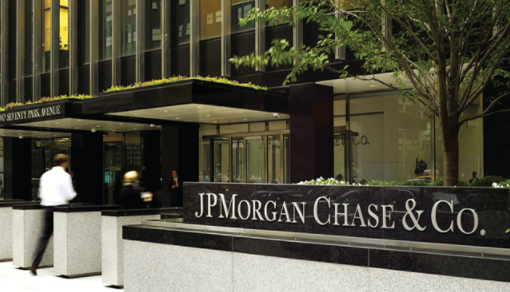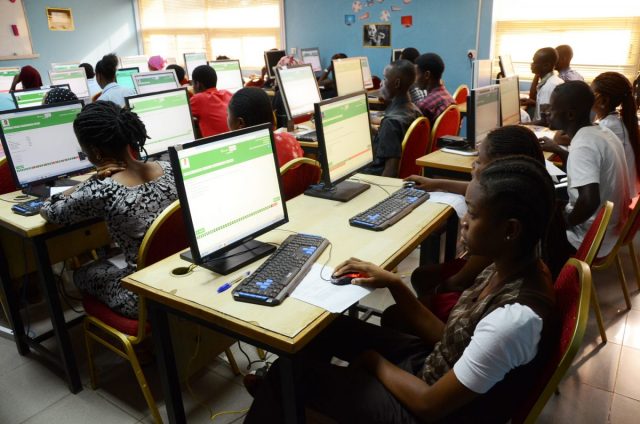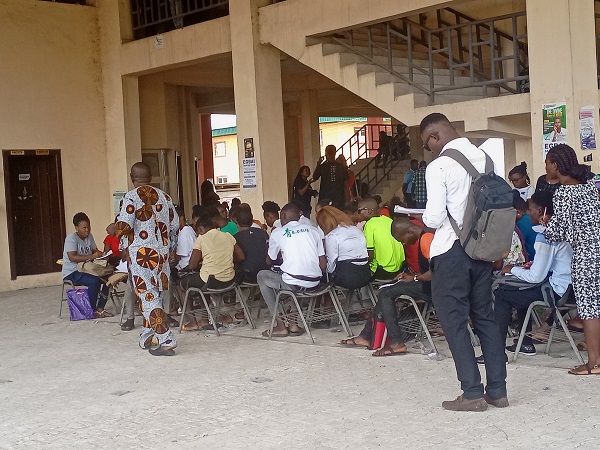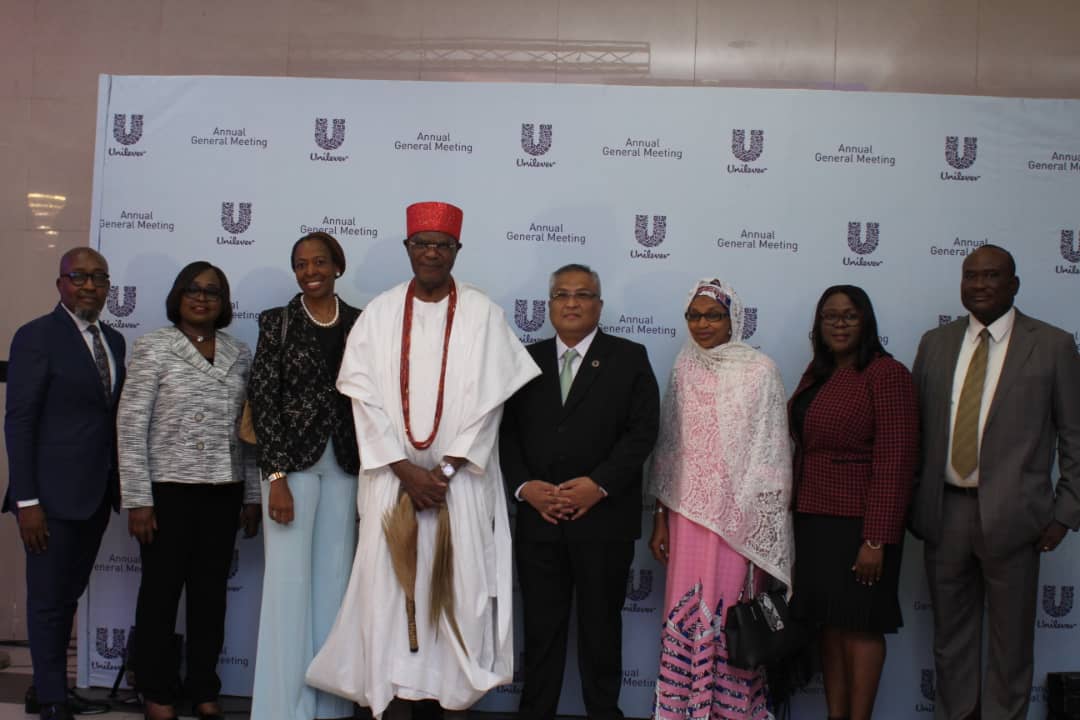JP Morgan, American investment bank, says it has delisted Nigeria from the list of emerging market sovereign recommendations that investors should be ‘overweight’ in.
The development comes from the country’s inability to take advantage of high oil prices.
The bank, however, enlisted Serbia and Uzbekistan.
According to Reuters, JP Morgan’s analysts said emerging market sovereign debt was at the “mercy” of the federal reserve’s interest rate decisions as the United States central bank’s rate raises drained capital from developing markets.
Advertisement
The federal reserve raised the benchmark interest rate by half a percentage point last week — the biggest jump in 22 years — to tame high inflation.
The analysts said the Nigerian National Petroleum Corporation (NNPC) did not transfer any revenue to the government from January to March this year due to petrol subsidies and low oil production, which was the reason it moved Nigeria’s debt out of its ‘overweight’ category.
“Nigeria’s fiscal woes amid a worsening global risk backdrop have raised market concerns despite a positive oil environment,” the analysts said.
Advertisement
In February, President Muhammadu Buhari asked for an additional N2.557 trillion to fund subsidy payments from July to December 2022.
Last month, the senate approved N4 trillion for petrol subsidy in 2022.
Since the beginning of 2022, Nigeria has spent N675 billion to cater for petrol shortfall, resulting in zero remittance to the federation account.
In March, NNPC deducted N245.77 billion for petrol under-recovery costs.
Advertisement
In the last monthly presentation to the Federation Account Allocation Committee (FAAC) meeting, NNPC said it would also deduct N671.88 billion (under-recovery outstandings) from its remittance to FAAC for April — due to the federation in May.
Payments for subsidies have continued to dwindle remittances accrued to the federation account. In February, the federal government postponed the planned petrol subsidy removal, citing “high inflation and economic hardship”.
The World Bank and other international organisations had advised the country to rethink its steps in the petrol subsidy policy.
Advertisement
Add a comment






